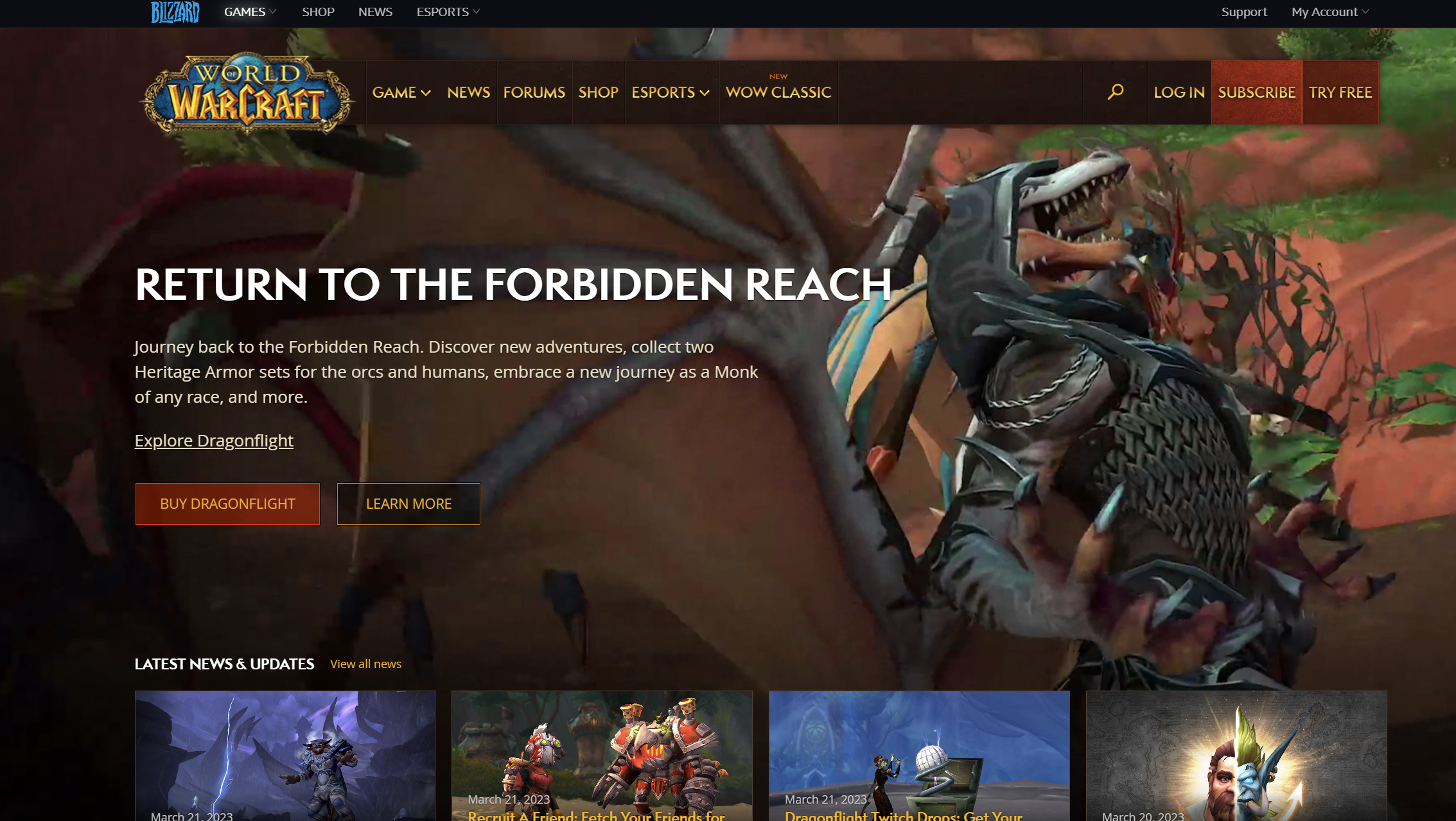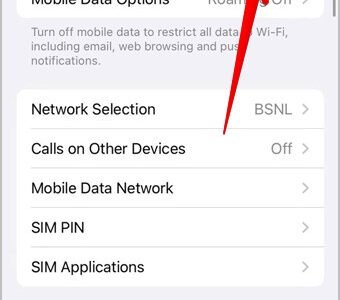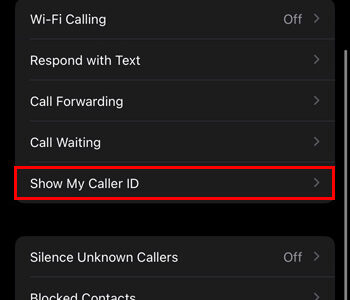In the vibrant world of video gaming, a new trend has emerged that has redefined how we play and interact within digital realms. Imagine a game that evolves like a living organism, one that grows with new content, adapts to its player base, and creates ongoing narratives – these are live service games. Unlike traditional games, which are more akin to standalone novels, live service games are the sprawling epic series of the gaming universe, providing a dynamic and potentially never-ending experience.

Live Service Games Explained
At the heart of the modern gaming industry is an innovative gaming model that has captivated millions worldwide: live service games. These games, unlike their predecessors, offer a continually evolving platform with the game’s development extending far beyond its initial release. With a focus on long-term player engagement, these titles deliver an ever-changing experience replete with new content, features, and social interactions.
Step-by-Step Guide to Understanding Live Service Games:
-
Introduction to Live Service Games: Think of these as evergreen trees in a digital forest, constantly growing and changing throughout the seasons. Players can expect new content updates, in-game events, and patches that fix issues or add functionalities.
-
Constant Updates and New Content: Game developers roll out new storylines, characters, challenges, and rewards regularly, much like subscribing to a magazine with fresh content monthly.
-
Community and Social Features: Engage with a community hub, social media groups, and in-game chat systems fostering a rich social environment.
-
In-Game Purchases and Monetization: Learn how developers keep live service games profitable, ranging from cosmetic items to premium subscriptions that enhance the gaming experience.
-
Cross-Platform Playability: These games often offer cross-platform support, allowing friends to play together despite using different devices.
-
Seasonal Events and Limited Time Offers: Anticipate special events in-sync with real-world holidays or game anniversaries, offering unique content during a specific period.
-
Player Feedback and Evolution: Understand how community feedback often shapes the game’s development trajectory, with developers actively fine-tuning the gameplay.
-
Live Ops and Community Management: Dive into the world of Live Operations, which keeps the game’s pulse alive through meticulous management and player engagement.
-
eSports and Tournaments: Explore how live service games have become arenas for competitive e-sports, with professionally organized tournaments and events.
-
Behind the Scenes: Gain insight into how robust servers and technical infrastructure allow for a stable and continuous game experience, catering to a global audience.
Summary:
Live service games promise an interactive and social gaming experience that doesn’t end with the credits. The constant influx of fresh content keeps the game relevant and players engaged. However, it’s important for players to be aware of the potential reliance on in-game purchases and the time commitment these games often demand.
In conclusion, live service games represent the convergence of entertainment, community, and ongoing development, illustrating a future where video games are more than a product—they’re a service. As these games continue to shape the industry, understanding their mechanics and appeal is essential for anyone looking to delve into contemporary gaming culture.
FAQs:
-
What differentiates live service games from traditional video games?
Live service games offer an ongoing and evolving experience with regular content updates, a focus on community, and in-game events, unlike traditional video games, which have a finite end. -
How do live service games make money after the initial purchase?
They typically generate revenue through a combination of in-game purchases, subscription models, and seasonal passes. -
Can I play live service games casually, or do they require a significant time investment?
While designed for long-term engagement, many live service games offer experiences that can cater to both casual and hardcore gamers.









